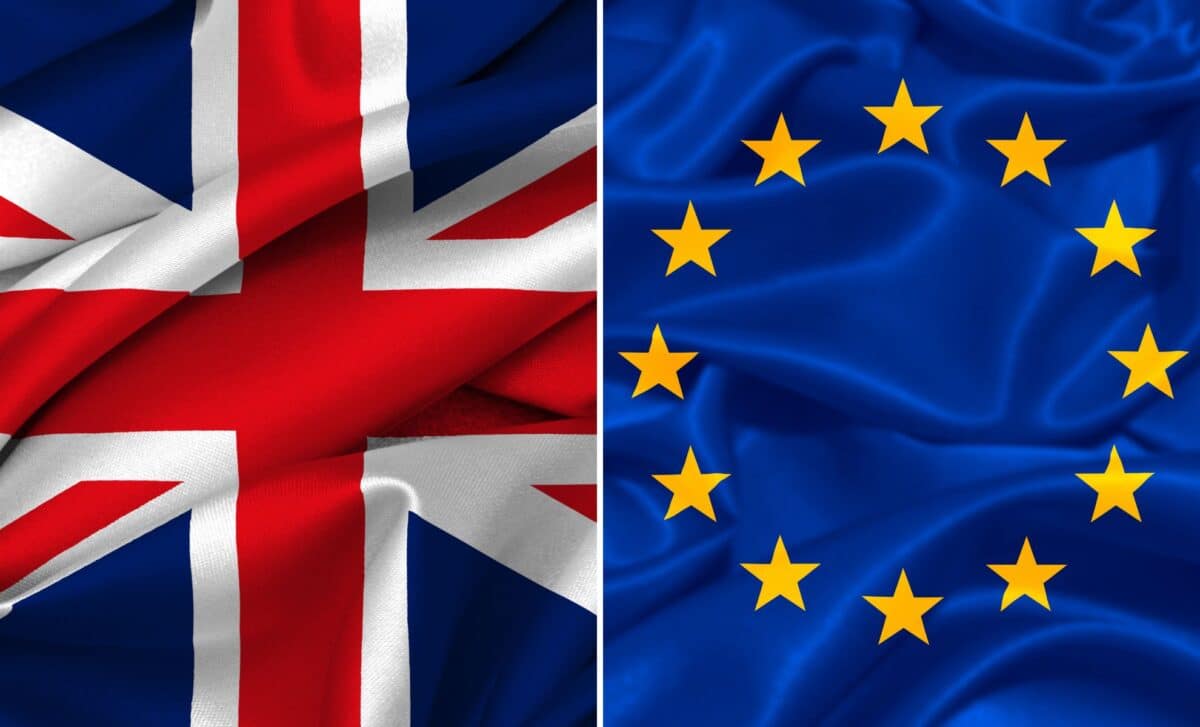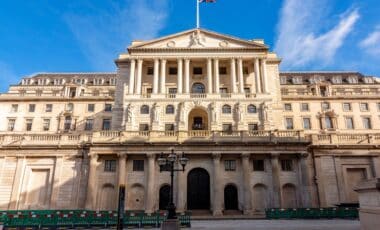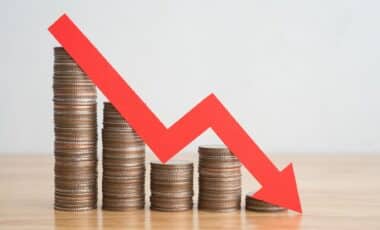January 31, 2025, was a significant day that changed the political and economic landscape as the UK commemorated the fifth anniversary of its separation from the European Union. Using this milestone, the Scottish National Party (SNP), which contends that Brexit has had detrimental long-term implications, renewed its efforts for the UK to re-join the EU. According to the party, the UK needs to reevaluate its ties with its nearest neighbors.
Five years after the UK exited the EU, the SNP is still sure that Brexit was a costly error. Given that economic data indicates weaker development and a decline in trade when compared to the EU, the party calls for a reversal, whether it is through re-entering the single market, the customs union, or a more comprehensive reset of relations.
Economic Fallout: The Slow Burn of Brexit’s Consequences
The economic evidence supporting the SNP’s criticisms indicates that Brexit has had a long-lasting detrimental impact on the UK economy. The UK’s GDP growth has trailed behind that of the EU, according to research commissioned by the party and based on data from the House of Commons Library.
The UK’s cumulative growth from 2019 to 2024 was 3.4%, while the 27 EU countries’ growth was 5.3%. The long-term trend indicates a weaker overall economic trajectory, even though the UK recovered from the epidemic faster than the EU.
Exports to the EU have also been hit hard, dropping from £216 billion in 2019 to £187 billion in 2024. Imports from the EU have decreased slightly, from £309 billion to £301 billion in the same period. These figures, the SNP argues, illustrate the high cost of leaving the EU’s trading bloc, with businesses bearing the brunt of new barriers and costs that were previously avoided.
Political Response: Labour’s Potential Path Forward
Other UK politicians are assessing the consequences of Brexit and searching for ways to mend fences with the EU, even though the SNP has made its position plain. The Scottish Liberal Democrats’ leader, Alex Cole-Hamilton, has advocated for a customs union agreement with the EU. He contends that such an agreement may give the UK economy much-needed impetus, especially given the high level of trade friction that still exists.
However, Prime Minister Rishi Sunak‘s government has remained firm in its position, emphasising a broader security and defence partnership with the EU, alongside efforts to improve trade and investment ties.
Sunak’s spokesman highlighted ongoing efforts, such as the six-monthly foreign policy dialogues, which aim to strengthen the relationship between the two sides. Yet, the SNP and others remain unconvinced that these measures will offer the full recovery the UK needs, advocating instead for a deeper economic integration with Europe.









